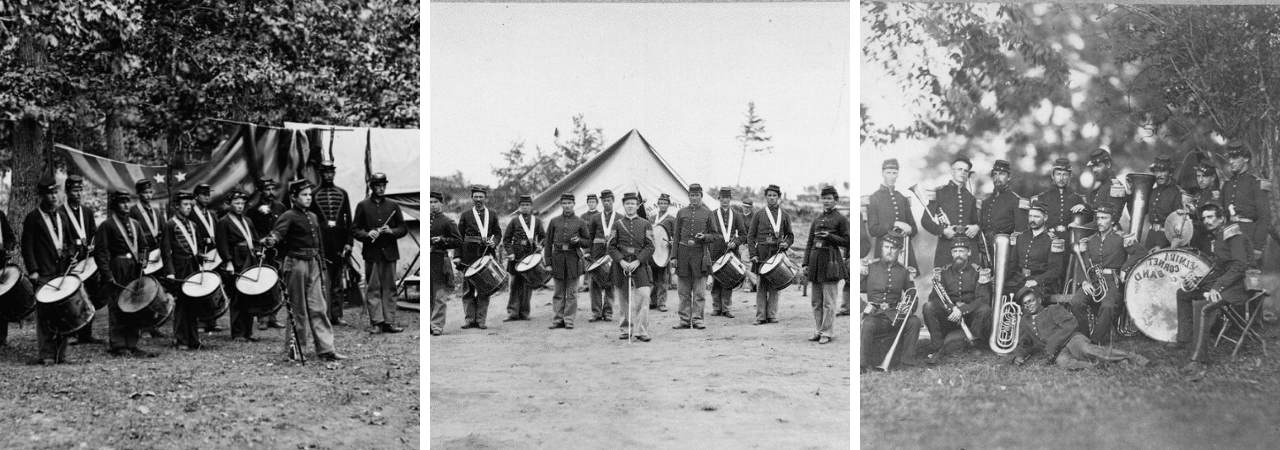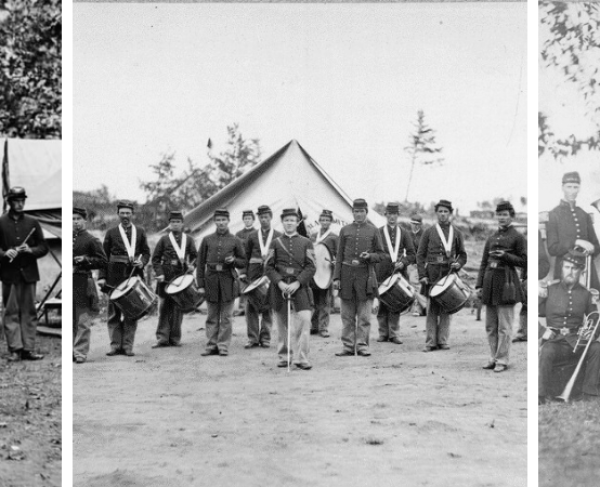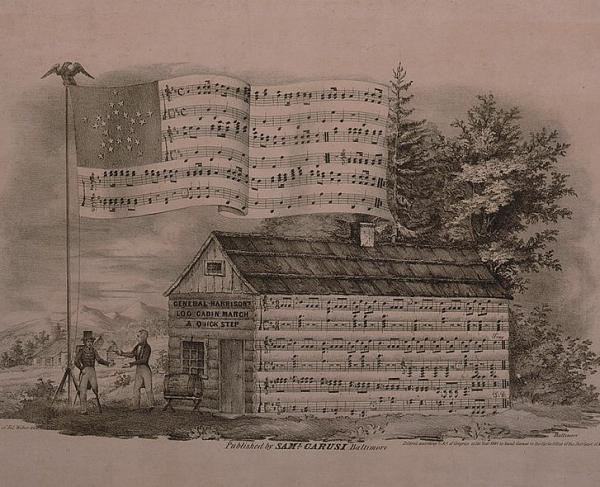
One of the greatest American musicians, Stephen Collins Foster, first penned the song “Angelina Baker” in 1850. The turbulent political times of that period inspired the tune - namely, an outcry over the Fugitive Slave Act and the growing expansion of slavery, which would lead to the American Civil War. The original song details the sorrow of a lover that his enslaved sweetheart was “sent down the river” by an enslaver. During the Civil War, and throughout reconstruction into the “Old-time” era, the song would morph into a jaunty fiddle tune- clearly taking much of its structure from the original.
One Missouri soldier would write an account detailing his experience with camp music while in Winter Quarters at the outset of the war:
Sometimes the old fiddler was invited down, one of the cabins was cleared out, and a regular dance came off, occasionally the officers joining in. Our circle was often enlivened by the presence of John Martin, a sort of staff attache of Dr Baily, our regimental surgeon; Martin could not be excelled on the banjo, and on these occasions the "Monroe House" was filled with gay bursts of song, accompanied by the merry notes of the instrument. John was a splendid mimic, and could play in the regular African minstrel style.”
During their dances in Missouri during the Winter of 1862, “Sterling Price’s Missourians” may have enjoyed this very tune.
This version played here is faithful to the original fiddle tune, and is played on an original 18th century fiddle, reproduction Tackhead Banjo, and Nylon-stringed Guitar. All songs on the album feature these instruments, while an original 1880s Luscomb Banjo, and “African” (congo) drums are used on select tracks.
In the Nutmeggers’ recordings featured on “In High Water: Songs of the Civil War,” we hope to do justice to those musicians who came before us, and especially those who gave their all, that we might see “a new birth of freedom.” We seek to honor the spirit and humanity of those brave souls who fought so that this nation might live. This is their music, and these are their stories.
Sources
Ephraim M. Anderson, Memoirs: Historical and Personal; Including the Campaigns of the First Missouri Confederate Brigade, p. 135.
“Angeline the Baker.” The Library of Congress, www.loc.gov/item/afc9999005.4590/. Accessed 05 Mar. 2024.
“Annotation:Angeline The Baker.” The Traditional Tune Archive, tunearch.org/wiki/Annotation:Angeline_the_Baker. Accessed 05 Mar. 2024.
Foster, Stephen (1850). Angelina Baker (musical score). Foster's plantation melodies. Vol. 4. as sung by the Christy Minstrels. Baltimore, New Orleans: F. D. Benteen. OCLC 23161833.
The Center for American Music. "Professional Career". University of Pittsburgh. Retrieved 22 November 2010.
Ken Emerson. 1998. Doo-dah!: Stephen Foster and the rise of American popular culture. Da Capo Press. p. 162.

